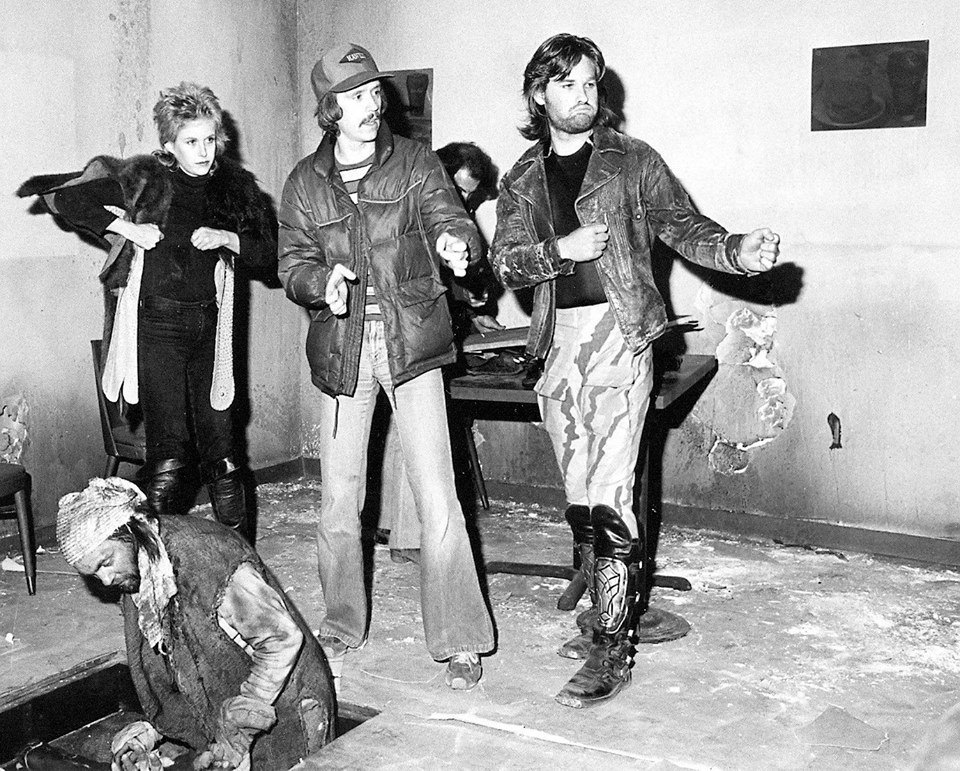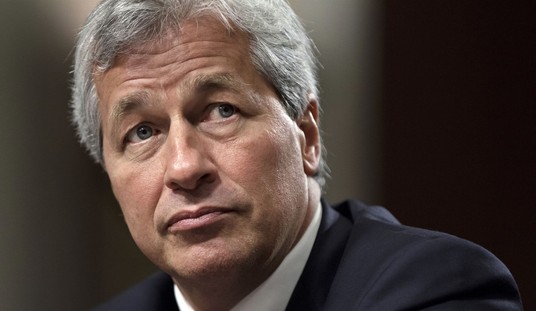We had a very special guest this week on the show. A writer who goes by the name of TheJamesMadison over at Ace of Spades reached out and mentioned that our friend Christian Toto had recently interviewed him and, well, a friend of Christian’s is a friend of ours.
And it turns out this is a very good attitude to have because this writer, whose real name is David Vining, was an absolute joy to interview. A knowledgeable fellow on not only individual films, but whole entire genres and — perhaps most importantly — cinematic context. Which is to say, he has an interest in why things are made when they are; whether or not they are meant to appeal universally or to a specific audience; and if they work within the parameters they appear to embrace.
I absolutely loved talking to him about what makes a good political film and which of those films people should be putting in the queue or revisiting. I truly hope he comes back. If you want to read a bit of what he’s written over at AofS, here’s an excerpt from a piece he wrote examining John Carpenter’s films:
Nihilism and Cynicism
If I had to boil down Carpenter’s entire filmography into two words they would be nihilism and cynicism. Carpenter’s heroes tend to be cynics who don’t believe in anything. They’re often cut off from their past, unable to connect with anything that could provide them with any larger meaning. Mac in The Thing is a drinker who destroys the chess computer he’s playing against when it wins (and during the first goddamn week of winter, no less) and has no real connections to the other men in the Antarctic research station. John Trent in In the Mouth of Madness is an insurance investigator who believes that everyone’s lying all the time. Snake Plissken in the Escape movies is a former war veteran (the youngest man decorated by the president) who turned to robbing the federal reserve because nothing matters anymore.These are not the heroes of your normal blockbuster. These are largely cynical nihilists, people who believe in nothing, feel that nothing matters, and think that there’s nothing more important than the here and now. These aren’t the kind of heroes that general audiences want. These aren’t clear-eyed men fighting for freedom, apple pie, and grandma. These are men fighting for themselves mostly, maybe finding that there could be something else out there worth caring about but, in the end, discovering that no, not even personal connections are enough to overcome the awfulness of the world around them.
He also has a book called “The Sharp Kid” available at Amazon. And if you like a good western (looking at you, fans of “Tombstone”), it could be for you:
1880s Missouri is a time of gangs and civilization, finding a way towards modernity through the old scars of the Civil War. 16 year old Cal Braden joins his absent father on a journey of train robbing with the promise of a new life further West in San Francisco. But promises are cheap, as cheap as iron, and it’s a question of whether they’ll ever be able to get out of the life of criminality they’ve decided to take up.
If you thought you understood “The Man Who Shot Liberty Valance” (trailer below) as simply a well-made western, you may want to rethink it as a political masterpiece. Let David explain why. Just push play.
The show lives on Spotify and you can also find me at iHeartRadio, Apple Podcasts, FCB Radio’s Spreaker, and Deezer.















Join the conversation as a VIP Member